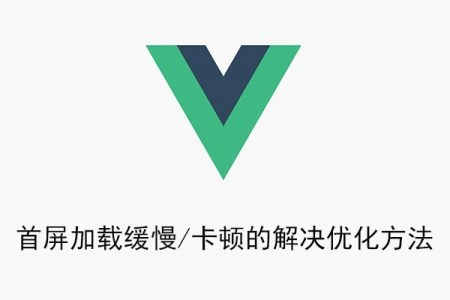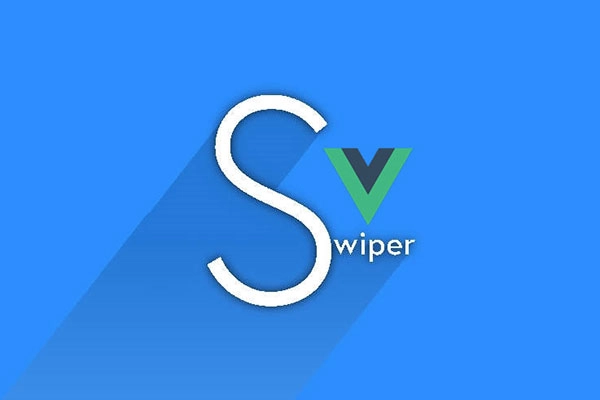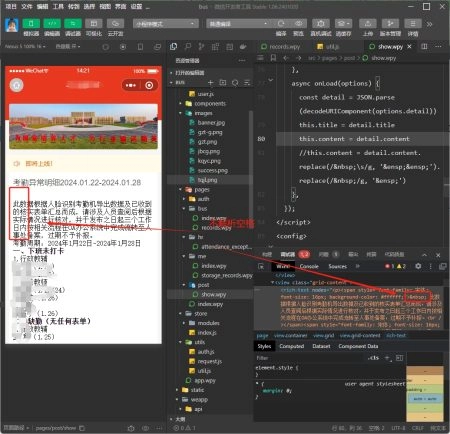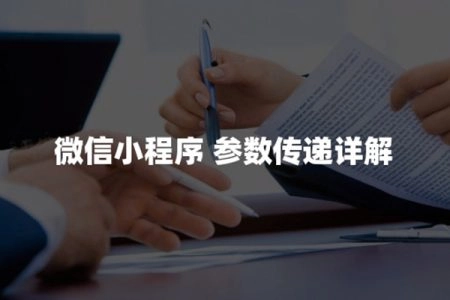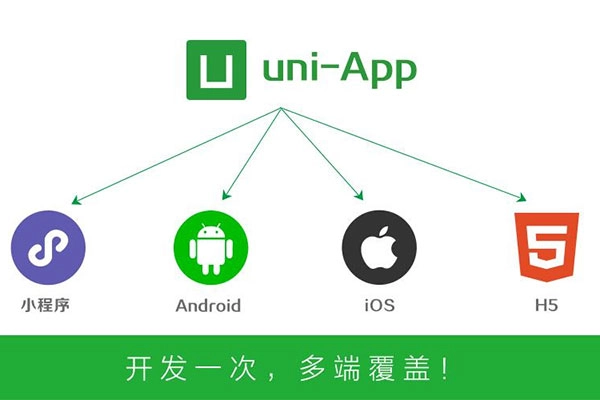新人刚接触 uni-app 和微信小程序开发,发现按照官方文档在 main.js 中通过 Vue.prototype 挂载的全局方法在微信小程序中报错。
比如,我使用了 luch-request 库,如果通过全局引用的方式:
main.js
import Request from '@/utils/luch-request/index.js'
Vue.prototype.$http = httppages/index.vue
methods: {
getPosts(){
this.$http.get('posts')
.then(res => {
//console.log(res.data.data)
this.posts = res.data.data
}).catch(err => {
})
}
}上述代码编译到微信小程序中,就会报 get 方法不存在,实际上是没能正确获取到全局方法 $http。
解决办法是改成局部引用的方式:
pages/index.vue
import Request from '@/utils/luch-request/index.js'
const http = new Request()
export default {
data() {
return {
title: 'Hello',
posts:[],
}
},
onLoad() {
this.getPosts()
},
methods: {
getPosts(){
http.get('posts')
.then(res => {
//console.log(res.data.data)
this.posts = res.data.data
}).catch(err => {
})
}
}
}当然,如果你不想每次使用都局部引用一次的话,也可以按下面方式实现全局方法:
如果是选项式API,您可以使用app.config.globalProperties进行替换:
// 之前 - Vue 2
Vue.prototype.$http = () => {};
// 之后 - Vue 3
const app = createApp(/* ... */);
app.config.globalProperties.$http = () => {};如果是组合式API,您可以使用provide/inject:
// main.js
import { createApp } from 'vue'
const app = createApp(/* ... */);
app.provide('message', 'hello');
// 组件中
import { inject } from 'vue';
export default {
setup() {
console.log(inject('message')); // 'hello'
}
}附:官方的uni-app 全局变量的几种实现方式(转)解决方案。





